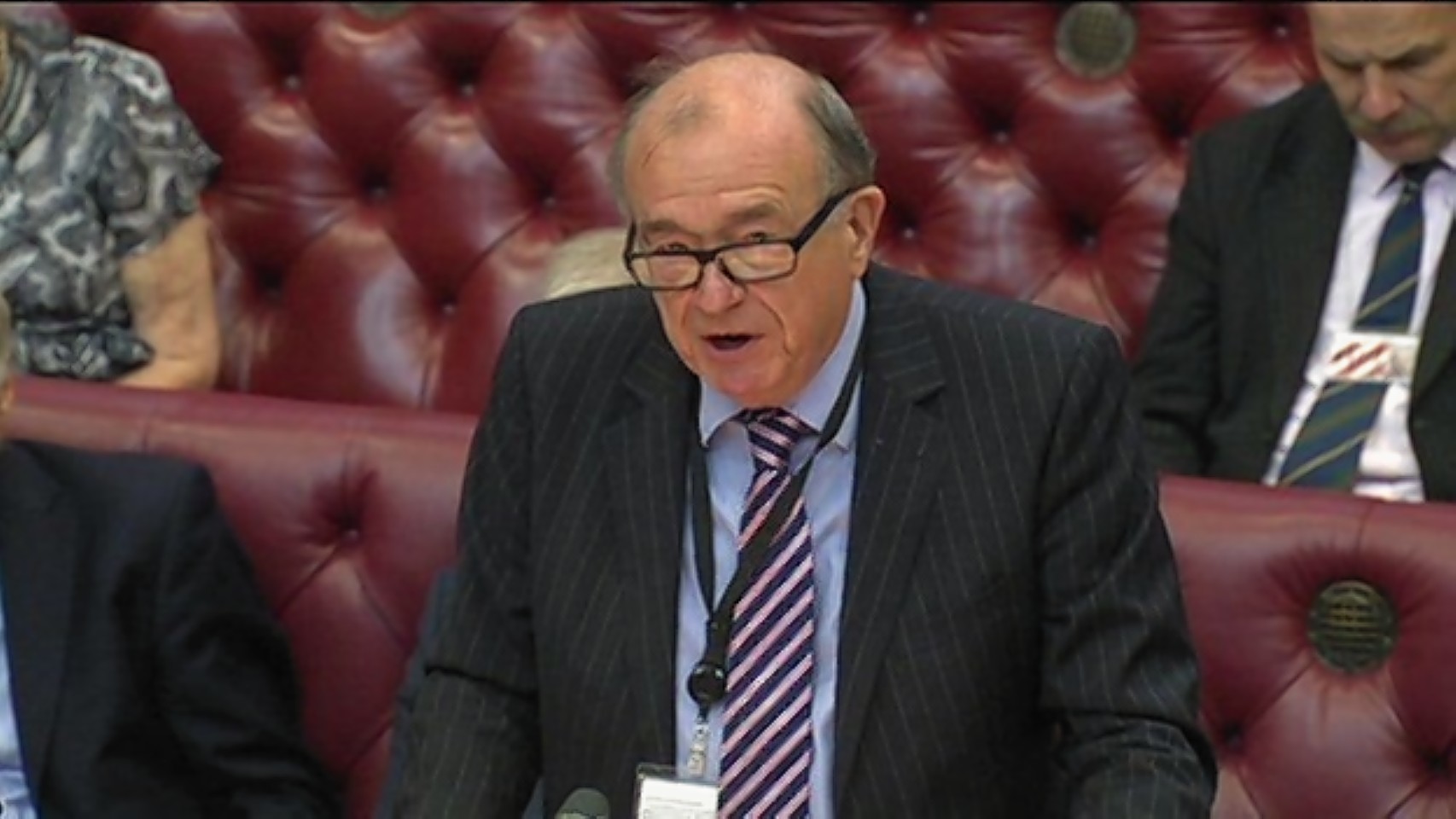Lord Sewel will be free to claim up to £300 a day in parliamentary allowances while any investigation is carried out into allegations that he snorted cocaine while cavorting with prostitutes.
The north-east peer, who served as a minister under Tony Blair, will also be able to continue to speak from the red benches and make full use of the House of Lords while his activities are probed.
The senior peer has been urged by Labour MP John Mann to resign from the House of Lords voluntarily before being expelled.
The lord, who started his political career as a councillor in Aberdeen in the 1970s and rose to be leader of Aberdeen District Council, has yet to comment on the allegations.
A referral is expected to be made that would trigger an initial assessment by Lords Commissioner for Standards Paul Kernaghan to decide if there is a case to pursue.
The former police chief constable would investigate whether there has been a breach of Lords rules, which maintain that members must “always act on their personal honour”, and then send the case to the Lords sub-committee on conduct.
It would decide what punishment the peer should face and, under rules that came into force on July 16, could recommend Lord Sewel is expelled from the House of Lords.
The recommendation would then go before the Lords Privileges and Conduct Committee, which Lord Sewel chaired until the scandal broke, and it would consider any appeal made by the peer.
Such a decision would need to be rubber-stamped through a formal vote in the chamber and at that point the former Scottish minister could be kicked out of Parliament.
Anyone can make a formal complaint about a peer but investigations can take many months to complete.
When the House is sitting peers are eligible to claim up to £300 for attending.
The House of Lords (Suspension and Expulsion) Act 2015 – which received Royal Assent only in March and which Lord Sewel himself helped to introduce – allows peers to be barred from Parliament if they breach the code of conduct.
